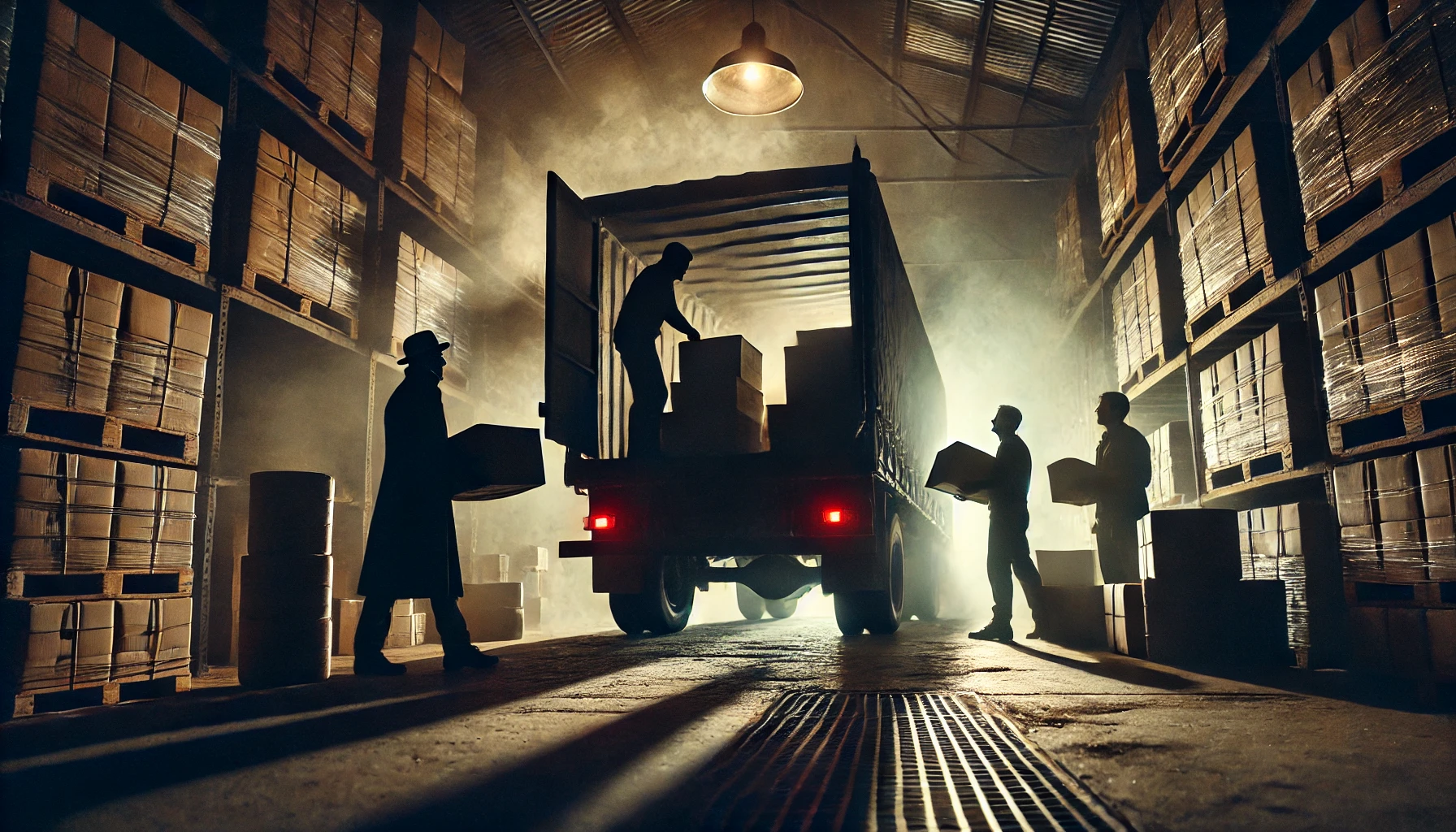Taxation is a crucial tool for generating government revenue, but when applied unevenly across states, it can create unintended consequences—specifically, fueling the very black markets lawmakers aim to suppress. This phenomenon has been evident in the tobacco industry for decades and is now repeating itself in the emerging legal cannabis market. By examining how tax disparities on tobacco have contributed to illegal smuggling, we can predict similar outcomes for cannabis and consider a more effective approach: a fair and equal tax structure across all states.
The Tobacco Tax Disparity and Its Consequences
Tobacco taxes vary widely from state to state. For example, as of recent years, New York imposes a cigarette tax of $4.35 per pack, while Missouri’s tax is just $0.17 per pack—the lowest in the nation. This massive disparity creates an incentive for smugglers to purchase cigarettes in low-tax states and sell them in high-tax states for significant profit. A 2019 report from the Tax Foundation found that over 50% of cigarettes consumed in New York were smuggled, making illicit tobacco sales a lucrative underground industry.
Criminal organizations have capitalized on these differences, moving large quantities of cigarettes across state lines. Law enforcement has struggled to combat these operations, as the profits from illegal tobacco rival those of illicit drugs. Additionally, consumers facing higher prices in their home states actively seek out cheaper, untaxed options, further driving black market demand.
The Cannabis Market Is Heading in the Same Direction
Cannabis taxation is following a similar trajectory. States with legal cannabis impose vastly different tax rates, creating economic incentives for illicit market activity. For instance, California’s effective cannabis tax rate can reach up to 37%, whereas Oregon’s is 17%. This discrepancy has led many California consumers to return to the black market, where cannabis is often sold at lower prices without taxes.
A 2023 study found that despite legalization, over 50% of cannabis sales in California still come from unlicensed sellers—a direct result of excessive taxation and regulatory burdens. States like New York, where the tax burden is also high, have struggled to eliminate illegal sales, with unlicensed dispensaries continuing to thrive due to their ability to undercut legal sellers.
The Future of the Black Market Under the Current Tax System
As more states legalize cannabis, tax disparities will create the same problems seen in the tobacco industry:
1. Interstate Smuggling – Just as cigarettes are smuggled from low-tax states to high-tax states, cannabis products will follow the same path. A grower in Oregon, where taxes are lower, has a financial incentive to illegally transport products to higher-tax states like California or New York.
2. Consumer Flight to the Black Market – When legal cannabis is significantly more expensive due to taxes, consumers will naturally seek cheaper, untaxed alternatives. If the price gap becomes too wide, even law-abiding citizens will turn to illicit dealers.
3. Cartel and Organized Crime Involvement – Criminal organizations thrive in environments where legal markets fail to meet consumer demand. If cannabis taxation remains inconsistent, illicit growers and distributors will step in, just as they have in the tobacco market.
The Solution: A Fair and Equal Cannabis Tax Nationwide
The only way to prevent cannabis from returning to the black market is to establish a uniform tax rate across all states. A fair and consistent federal tax policy would:
Eliminate price-driven smuggling – If taxes are the same everywhere, there is no incentive to move illegal cannabis across state lines.
Encourage consumer participation in the legal market – When legal cannabis is priced competitively, consumers will have no reason to seek illegal alternatives.
Reduce the burden on law enforcement – By eliminating illicit sales, police resources can be focused elsewhere.
A flat, reasonable national tax—such as a 10-15% or equal to the states sales tax rate on all cannabis sales—would ensure that the industry remains competitive while generating revenue for the government without driving consumers away.
Conclusion
The history of tobacco taxation has shown that inconsistent tax policies create black markets. If lawmakers want legal cannabis to succeed, they must learn from past mistakes. By implementing a uniform tax rate nationwide, they can prevent smuggling, keep prices fair, and eliminate illegal sales. Otherwise, just like tobacco, cannabis will continue to fuel a thriving underground economy—defeating the very purpose of legalization.




